After Sexual Assault: Understanding Your Rights, Reporting, and Support Options
Taking the First Step Towards Healing
Experiencing sexual assault is traumatic, and the process of seeking justice can seem overwhelming. This page provides essential information on what happens after sexual assault, the steps you can take to report it, and the support available to you. It’s important to know that you are not alone, and help is available every step of the way.
What is Sexual Assault?
Sexual violation in New Zealand is defined as:
Rape: Sexual intercourse without consent.
Indecent Assault: Unwanted sexual touching.
Acts of Indecency: Exposure.
New Zealand law defines rape as the penetration of a person's genitalia by another person’s penis without consent, and without reasonable belief that consent has been given. Sexual abuse can also include other forms of non-consensual sexual activity, and it is always illegal, regardless of the relationship between the parties involved.
Making a Complaint
Reporting sexual assault can be intimidating, but it’s important to remember that you don’t have to go through this alone. Our team is here to provide you with wrap-around support, from talking to the police to navigating the legal and medical processes.
ACC Sensitive Claims
If you have experienced sexual assault, ACC offers a Sensitive Claims Process for covering costs related to counselling and therapy. We can assist you in navigating this process.
Going to Court
The court process can be difficult for survivors and may take time. The general process in New Zealand is as follows:
Decision by Police to Lay Charges
After an investigation, the police decide whether to lay charges against the perpetrator.
Arrest and Charges
If the perpetrator is charged, they will be arrested and brought before the court.
Preliminary Hearing
A court hearing will be held, and the case will be reviewed.
District Court Trial
If the case goes to trial, a judge will hear the evidence from both sides.
Sentencing
If convicted, the perpetrator will be sentenced, with the maximum sentence being 20 years for rape.
Appeal
Either side can appeal the decision if there are grounds to do so.
Please note that the court process is often slow and can be re-traumatizing for survivors. If the accused pleads guilty, the process will be quicker.
Supporters: You Are Not Alone
You can ask family, friends, or supporters to help during the process. They can:
Accompany you to the police.
Stay with you during medical examinations.
Speak on your behalf if needed (e.g., requesting a break during interviews).
Help ensure your safety after speaking with the police or doctors.
Your Rights During the Legal Process
As a survivor, you have the right to:
Be treated with courtesy, respect, and dignity at all times.
Be informed of the services and supports available to you.
Receive updates about the investigation, including the progress of charges.
Have your privacy protected, including withholding your address from the court.
Speak to the parole board about the perpetrator’s release.
The Court Victims Advisor Service
This service is available for victims of crime, providing advice and support through the court process. They can help you understand your rights and keep you informed throughout the legal proceedings.
Celebrating Small Victories in Your Healing Journey
Remember, healing is a process, and every step you take toward justice and recovery is an important victory. You may look back one day and realise how big these small steps really were.
The Sentence
The maximum sentence for a rape conviction is 20 years, but only about 5% of rape cases lead to a conviction. It’s important to understand that even if the case does not result in a conviction, you have taken a powerful step in speaking out and seeking justice.
Conclusion
If you or someone you know is experiencing the aftermath of sexual assault, please reach out for support. Our team is here to guide you through the process, from reporting the assault to healing and recovery.
24/7 Crisis Line: 0800 614 614
Email: coordinator@wairarapa-rapecrisis.org.nz
You are not alone.
Are you ready to take the next step?

Contact
0800 614 614 (24/7)
06 370 8446
We are a 24/7 crisis line, however we may not be able to answer your call straight away, please leave a message for us to get back to you as soon as possible. If it is an emergency hang up and call 111. Alternatively you can submit a form under the 'Contact Us' tab if your call is not urgent & we will be in contact ASAP.
35-37 Chapel Street, Departmental Building Masterton
Office hours 8.30 AM - 2.30 PM Monday - Friday, please call as appointments are preferred

